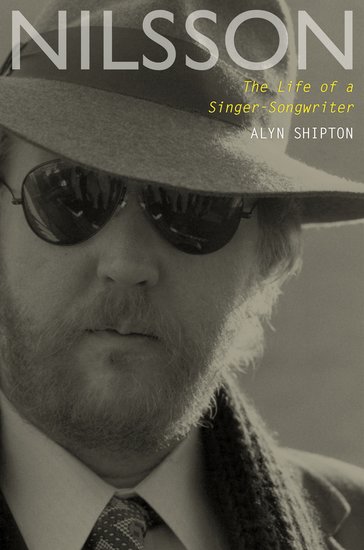By Alyn Shipton
When the first Eurovision Song Contest was broadcast in 1956, the BBC was so late in entering that it missed the competition deadline, so it was first shown in my native England in 1957. Nonetheless, it seems as if this curious example of pan-European co-operation, which started with seven countries and is now up to 40, has been around forever. Certainly as the 1950s gave way to the ’60s, the contest created a degree of national fervour in Britain, and I suspect in most other parts of Europe. At its peak, it’s estimated to have drawn in around 600 million viewers worldwide.
The competition’s only seldom been part of the pop mainstream, and at the time when the Beatles and Rolling Stones were becoming world famous in the 1960s, Britain entered the bland sounds of Kathy Kirby and Matt Monroe instead. It took Britain’s first two wins, by Sandie Shaw in 1967 and Lulu in 1969 to bring about a convergence of pop culture and the more mainstream vocal entertainment of the contest. Meanwhile 1950s heart-throb and subsequent film-star Cliff Richard was controversially beaten into second place in 1968 with “Congratulations” — a song that has stood the test of time rather better than Spain’s winning “La La La,” (sung in Spanish by Massiel after the original Catalan entry by Joan Manuel Serrat was withdrawn by the Franco regime). Abba’s success with “Waterloo” in 1974 marks one of the few genuine moments when the contest reflected wider international taste. They aimed squarely at winning and did so, bringing their distinctive sound and utter professionalism to a vastly greater audience through their success in the competition. Some other acts were successfully launched on the world stage as a result of first being seen by an international audience during the finals, including early appearances by Julio Iglesias and Céline Dion.
Yet that is one of the reasons the contest is so fascinating. At a time when European monetary and political convergence is a burning question for governments, the Eurovision contest demonstrates just how varied approaches are to popular songs and entertainment across the continent, from Portugal to Azerbaijan, and from Norway to Israel. Dance moves, costumes, gestures, lyrics, and language convey insights into how other European countries go about the business of entertainment in a far more insightful way than almost any other television spectacular. Ukranian drag queen Verka Serduchka’s antics and lyrics upset Russia in 2007, but in 2006 Finnish heavy metal band Lordi took the world by storm in an over-the-top performance with latex masks, prosthetic beards and horns. Amazingly, they managed to convey rock and roll as a religion without alienating too many special interest groups.
Even back in the 1960s as we crouched round the flickering image of our black and white televisions, the voting system seemed arcane. It still does. The results can sometimes be skewed by blocs of countries who vote together for, one suspects, not entirely artistic reasons. Announced first in French and then English, the underdogs who only score “nil points” often become popular with the viewing audience for that very reason. Poor old Jemini gave the UK its first “nil points” in 2003, but in 1997 Portugal and Norway shared the ignominy of no votes at all, and in 1983 the same fate befell Turkey and Spain. Norway still holds the record for the greatest number of “nil points”. The term has entered the European vernacular, in many countries, describing a competitor who tries hard but with no hope of winning.
So now this year’s contest is under way in Malmö, Sweden, what can we expect? The sheer number of competing countries now means two nights of semis before the final, which takes place this Saturday, 18 May 2013. The bookies are backing Denmark and Norway to triumph in this very Nordic contest, but I have a hunch that after Engelbert Humperdinck’s not entirely satisfactory entry last year, the Scandinavians will be given a run for their money by British entry Bonnie Tyler. A legend of 80s pop with her great hit “Total Eclipse of the Heart,” Tyler is a Welsh singer who has the rare distinction of also topping the charts in France. She has also had hit records in Norway, Austria, Switzerland and Germany. When it comes to tactical voting, she’s potentially got a lot of different countries on her side! At least the title of her entry is a little more modest than Cliff Richard’s from 1968: it’s called “Believe In Me”.
Alyn Shipton is the author of Nilsson: The Life of a Singer Songwriter, to be published on July 18. He is also a critic for The Times in London and presents jazz programmes on BBC Radio.
Subscribe to the OUPblog via email or RSS.
Subscribe to only music articles on the OUPblog via email or RSS.





Recent Comments
There are currently no comments.